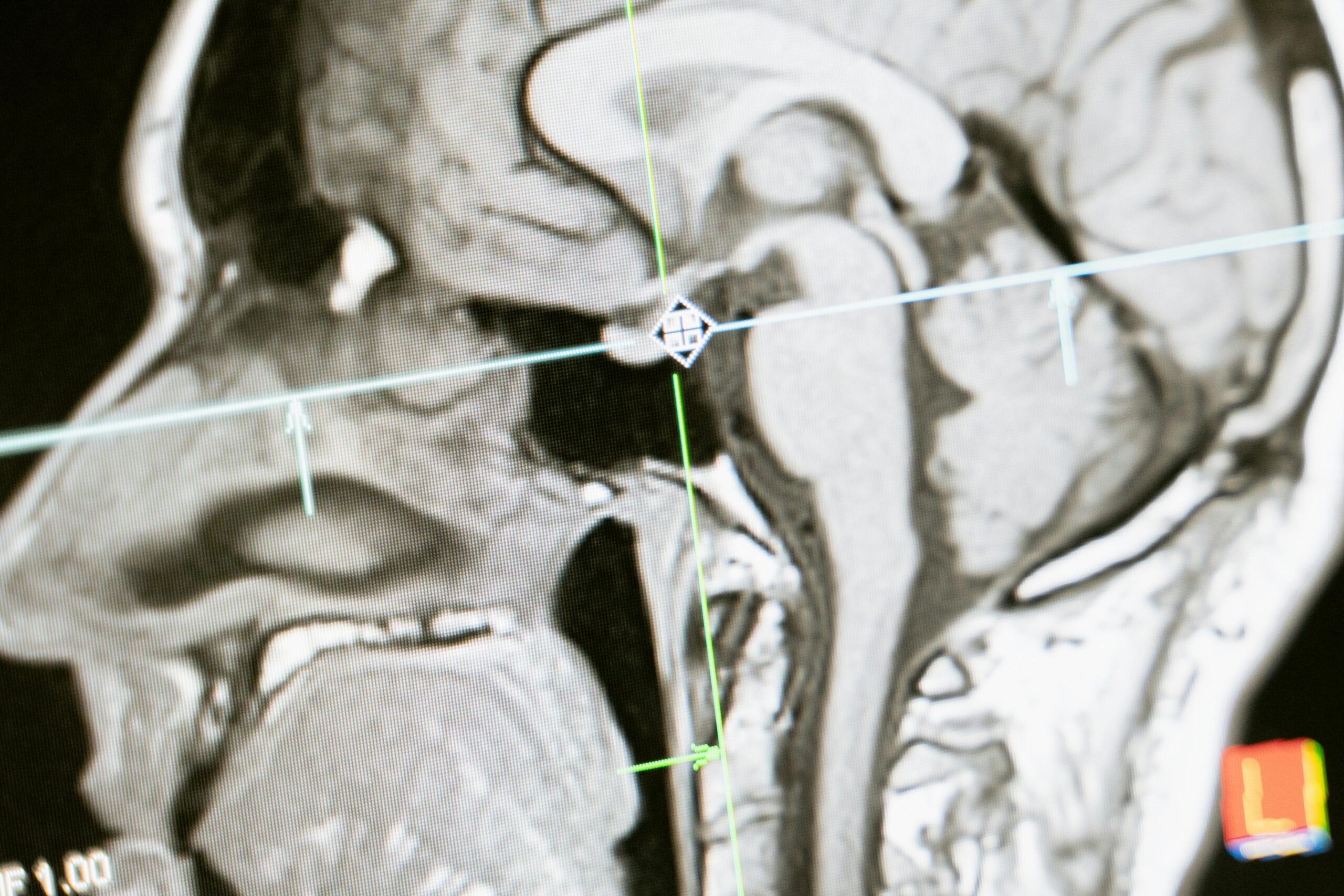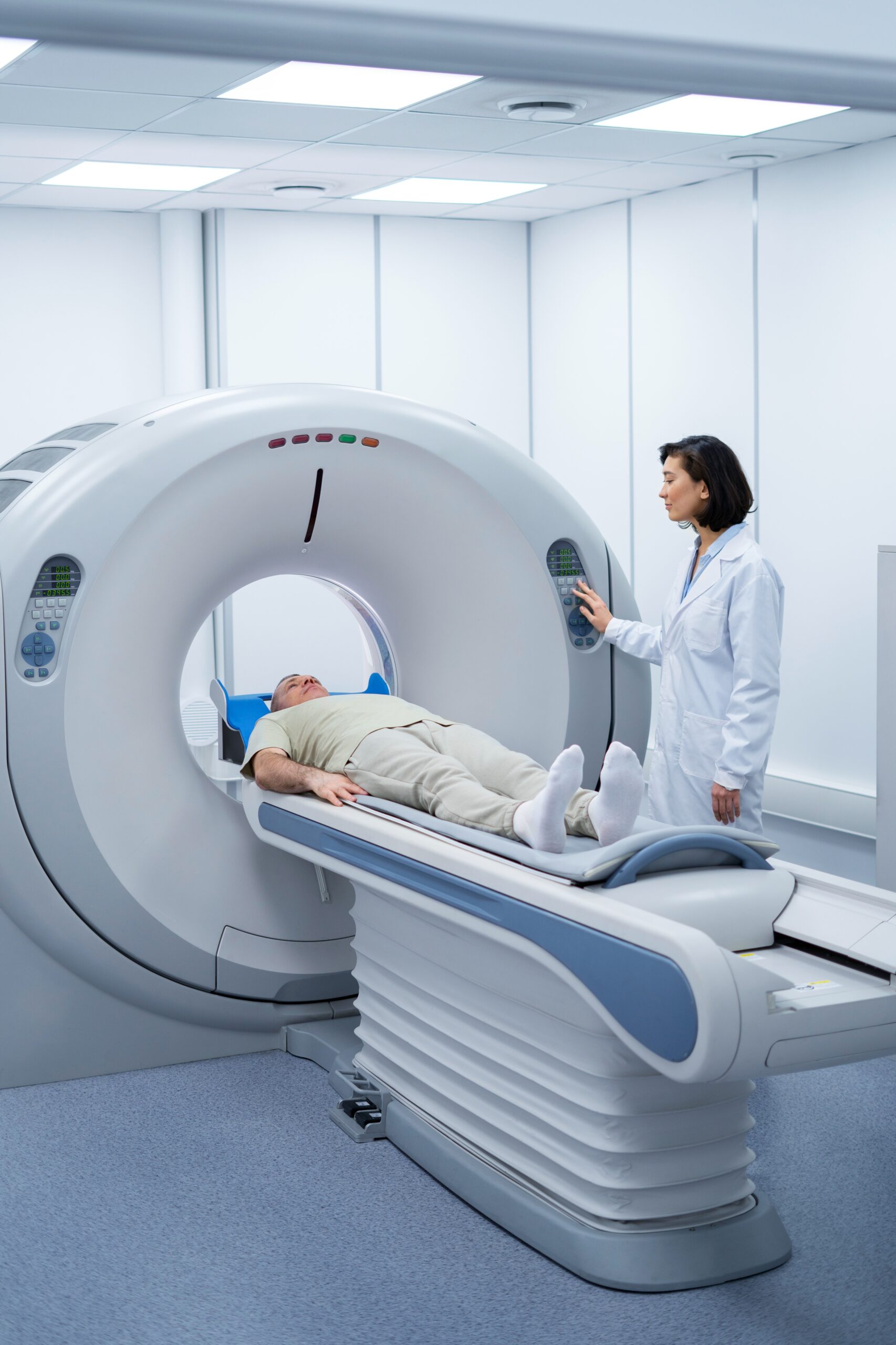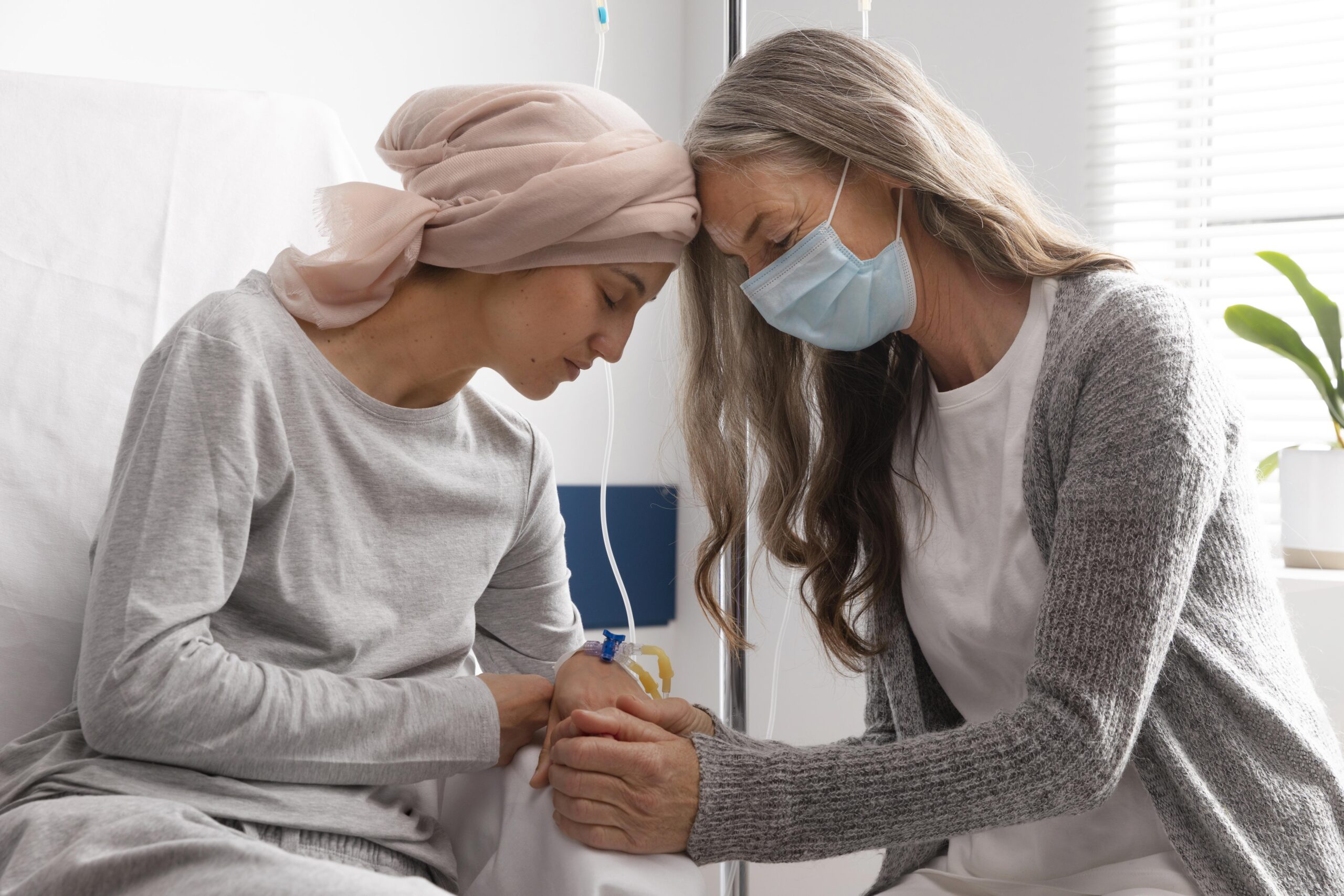Tag: mental health
-

Managing Chemo Brain: Coping with Cognitive Fog During and After Treatment
Cancer-related cognitive impairment (CRCI), sometimes known as “chemo brain,” describes the memory loss, concentration issues, and slower thinking that many cancer patients encounter both during and after treatment. While chemotherapy is a common culprit, other factors like stress, fatigue, hormonal changes, and the cancer itself can contribute. Common Symptoms and Causes In addition to having…
-

Next-Gen Radiotherapy: Making Cancer Treatment Safer and More Targeted
For more than a century, radiotherapy has been a mainstay of cancer treatment, employing high-energy radiation to kill cancer cells. Numerous lives have been saved by conventional techniques like brachytherapy and external beam radiation, but they frequently have negative side effects because they harm nearby healthy tissues. Radiotherapy has been transformed over the years by…
-

Art, Music, and Nature: Creative Therapies That Nourish the Soul During Cancer
A cancer diagnosis can be overwhelming, affecting not just the body but also the mind and spirit. While medical treatments are essential, integrating expressive and creative therapies can provide emotional relief, reduce stress, and improve overall well-being. Art, music, and nature therapies offer powerful ways to process emotions, find joy, and foster resilience during treatment.…
-

Cancer and the Financial Burden: How to Manage Costs Effectively
A cancer diagnosis is life-altering, not just emotionally and physically but also financially. The cost of treatment can be overwhelming, often requiring a significant financial investment. This responsibility becomes even more difficult when the patient is the main provider or a young, independent professional. Understanding the Financial Impact The financial impact of cancer is different…
-

The Psychological Impact of Breast Cancer
Receiving a breast cancer diagnosis can be one of the most upsetting experiences a woman faces. The emotional toll persists long after the initial diagnosis, and the shock, worry and uncertainty can be overwhelming. As the treatment begins, new difficulties emerge – strained relationships, constant fatigue, anxiety about symptoms and even discrimination in the workplace.…
-

Coping with Someone who has Cancer
It can be devastating to learn that a loved one has cancer. You may experience sadness, fear, or uncertainty about what to say or do. That is quite typical. The most crucial thing is to support them in a way that works for you both. Respect Their Privacy If you are asked about someone’s cancer…
-

The Power of Clear Communication in Cancer Diagnosis: How Hope Impacts Survival
Receiving a cancer diagnosis is one of the most life-altering moments a person can face. But what many don’t realise is how this information is delivered can significantly impact a patient’s survival journey. Samara Mahindra, CEO of Carer, emphasises this powerful truth: “If there is extreme amounts of stress and hopelessness disseminated at the time…
-

Breast Prosthetics and Quality of Life: Regaining Confidence After Mastectomy
Breast cancer is a tough journey, and for many women, a mastectomy (surgical removal of the breast) can be just as emotionally challenging as the disease itself. Losing a breast can affect self-confidence, body image, and even relationships. Many women feel less feminine, avoid social situations, or struggle with intimacy after surgery. But the good…
-

Avoidance And Distraction Can Be The Best Coping Mechanism For Cancer Patients
When faced with a cancer diagnosis, it’s natural to ask, “Why me?” Many patients—even those who lived healthy lives—struggle with fear, anger, and self-doubt. They replay the past, searching for answers, and often get stuck in sadness. “The best coping mechanism? Distract yourself.” – Samara Mahindra But according to Samara Mahindra, founder of CARER, the best way to…
-

Lifestyle Habits to Prevent Cancer: Simple Steps for a Healthier Life
Cancer is one of the leading causes of death worldwide, but the good news is that many cancers can be prevented by making healthy lifestyle choices. According to the World Health Organization (WHO), 30–50% of cancers can be avoided by reducing risk factors and following evidence-based prevention strategies. Here are some simple yet effective lifestyle…
